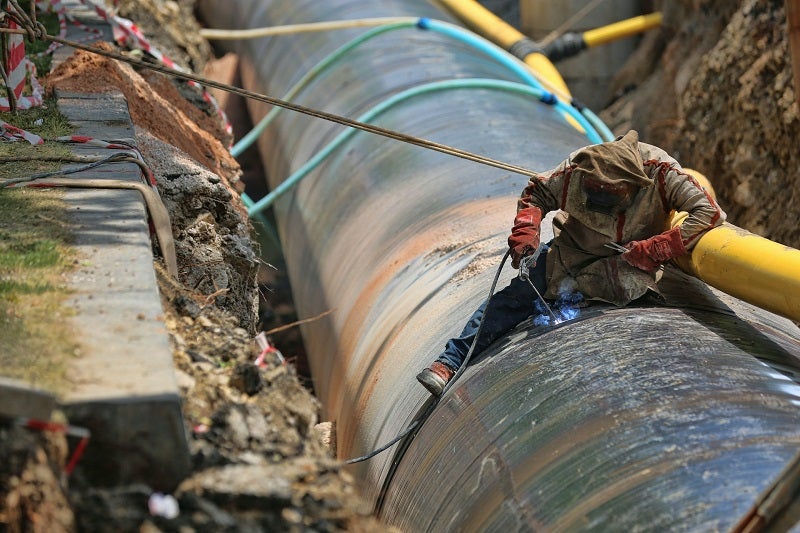
Bulgaria has commenced construction on the long-delayed natural gas interconnector from Bulgaria-Serbia that will transport non-Russian gas to Bulgaria.
Construction work has started in Golyanovtsi village, Kostinbrod Municipality, Sofia district, on the Bulgarian section of the Interconnector Bulgaria-Serbia (IBS).
The IBS pipeline, which is 170km-long including 62km in Bulgaria and 108km in Serbia, is expected to have a transmission capacity of 1.8 billion cubic metres per year, with a reverse flow capability.
EU Energy Commissioner Kadri Simson said: “The beginning of the works on IBS marks another critical milestone in the region’s pathway toward diversification of sources and routes. It is now crucial that both governments and operators closely cooperate to ensure that the pipeline is ready and operational in the second half of 2023.”
The Bulgarian section of the pipeline is co-funded by the EU with €27.6m under the Connecting Europe Facility Energy programme, and €6m from structural funds.
Furthermore, the EU funded €49.6m through the Instrument of Pre-Accession (IPA) scheme for the Serbian section of the pipeline.
For Siberia, the pipeline project is expected to diversify its gas supplies, cut dependence on Russian gas import, and provide alternative supply routes in South-East Europe.
Bulgarian Energy Minister Rossen Hristov was cited by Reuters as saying that the gas pipeline, which is planned to be commissioned by the end of the year, will run from the Bulgarian town of Novi Iskar to Nis in Serbia.
Bulgarian President Rumen Radev was quoted by the news agency as saying: “This project gives new opportunities to the region for genuine diversification and security of supplies.
“We are getting expanded access to European markets [and] Serbia is getting access to new sources of gas, coming from the Southern gas corridor and the terminals for liquefied natural gas in the Aegean Sea.”
Following Russia’s gas supply cuts to Europe in the wake of Moscow’s war in Ukraine, European countries have been seeking alternative energy supplies.




